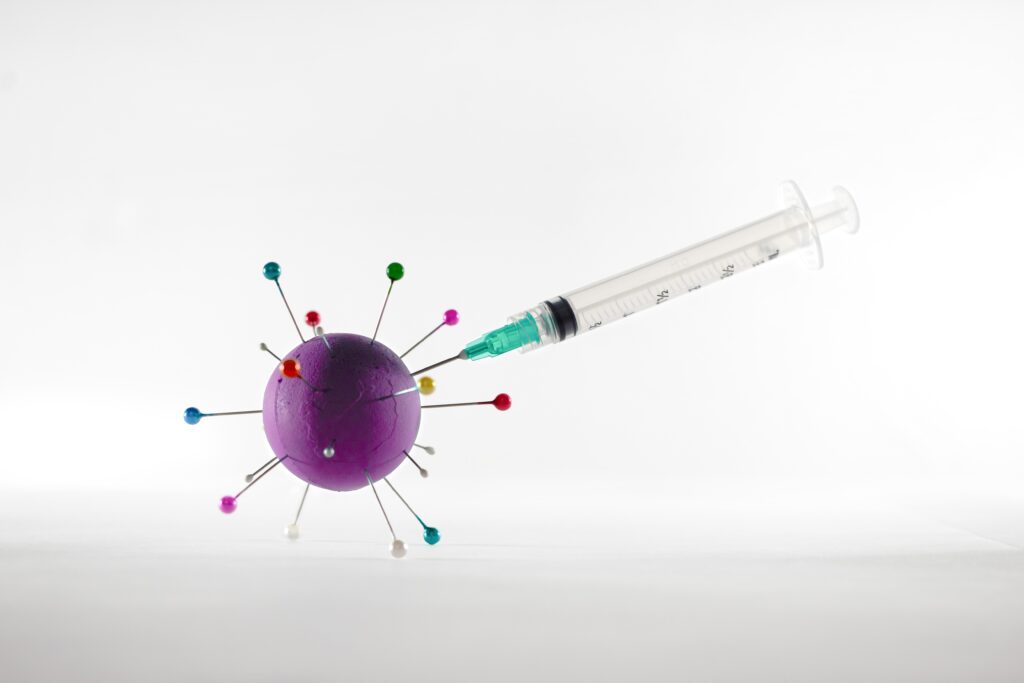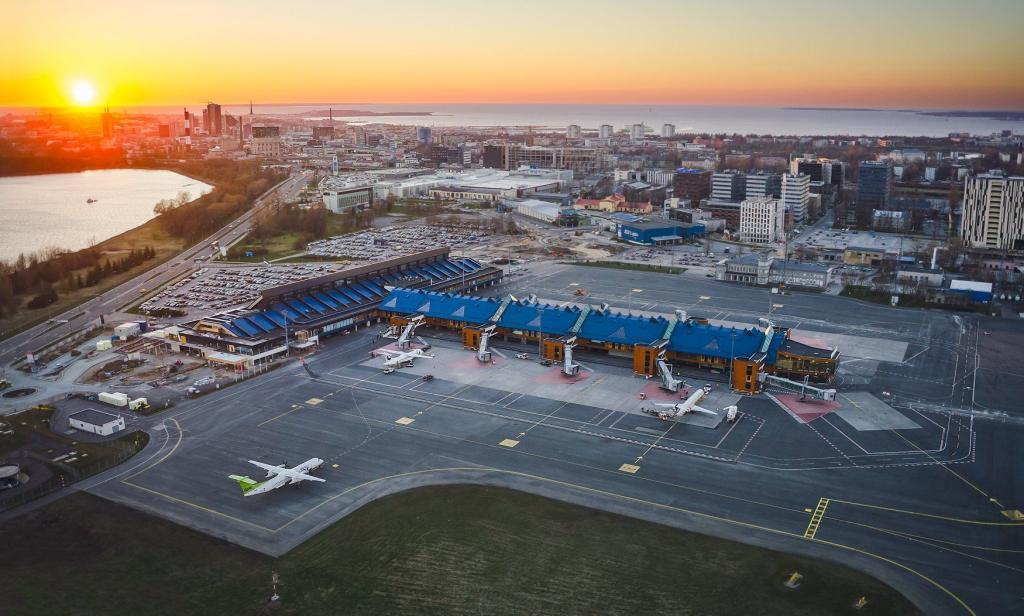In the week of 10 May, people arriving in Estonia from ten European countries don’t need to self-isolate.
The self-isolation requirement doesn’t apply to people arriving from a country with an infection rate below 150 per 100,000 inhabitants in the past 14 days. For the week of 10 May, these countries are Finland, Iceland, Ireland, Malta, Norway, Portugal, Romania, San Marino, Slovakia and the United Kingdom.
A 10-day self-isolation requirement applies on entering Estonia from a country in the European Union, the European Economic Area and the Schengen area with an infection rate above 150 persons per 100,000 inhabitants in the past 14 days.
From 10 to 16 May, people arriving in Estonia from Andorra, Austria, Belgium, Bulgaria, Croatia, Cyprus, the Czech Republic, Denmark, France, Germany, Greece, Hungary, Italy, Latvia, Liechtenstein, Lithuania, Luxembourg, Monaco, the Netherlands, Poland, Slovenia, Spain, Sweden and Switzerland will need to self-isolate.

Vaccinated people don’t need to self-isolate
The infection rate of the Vatican is zero, but anyone travelling to Estonia from there through Italy is subject to the 10-day self-isolation requirement.
From outside of Europe, people can come to Estonia from Australia, Israel, New Zealand, Rwanda, Singapore, South Korea and Thailand. A 10-day self-isolation is mandatory for people arriving from countries with an infection rate above 16 people per 100,000 inhabitants in the past 14 days, ie people arriving from South Korea and Thailand.
The ten-day self-isolation requirement doesn’t apply to people who have either suffered from COVID-19 and less than six months have passed since they’ve been declared cured; or who have undergone a COVID-19 vaccination programme and no more than six months have passed since its completion.
Due to the spread of the coronavirus, the Estonian foreign ministry advises against any non-essential international travel.
Cover: Tallinn Airport. Photo by Tallinn Airport.

